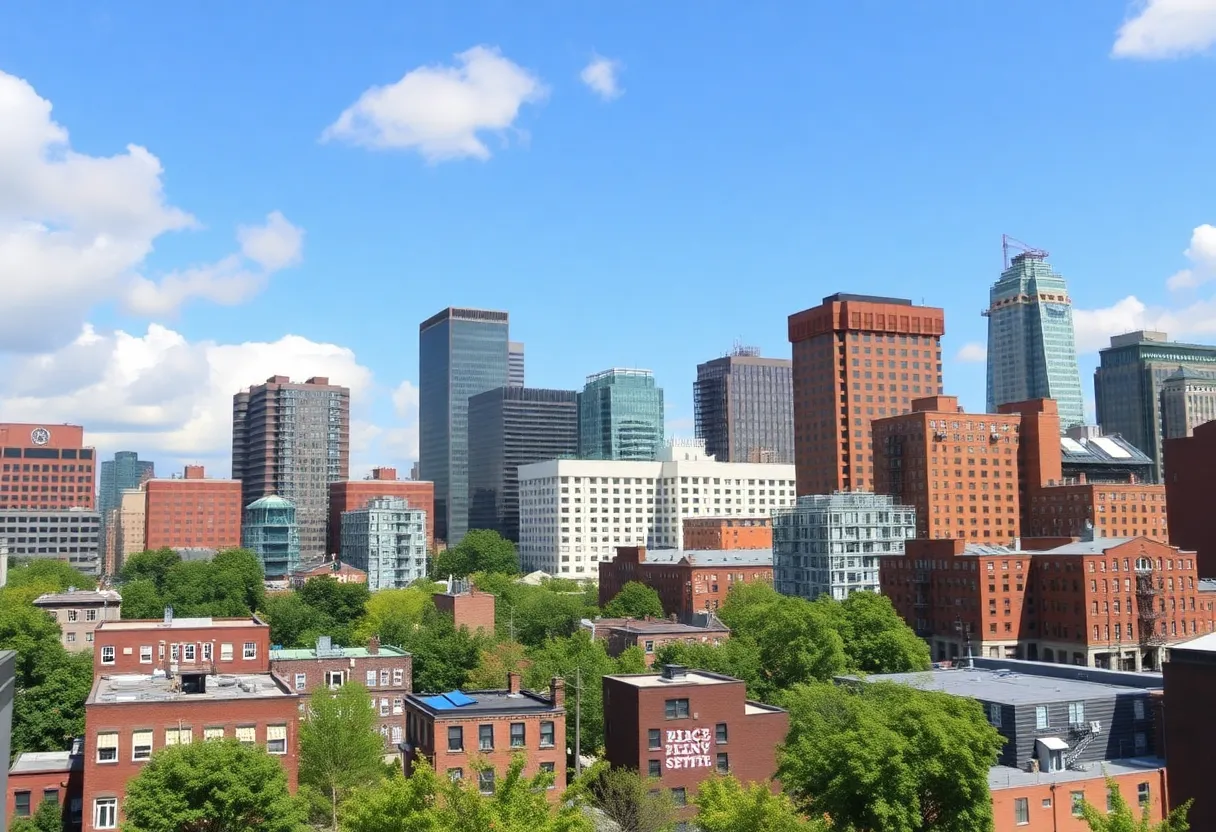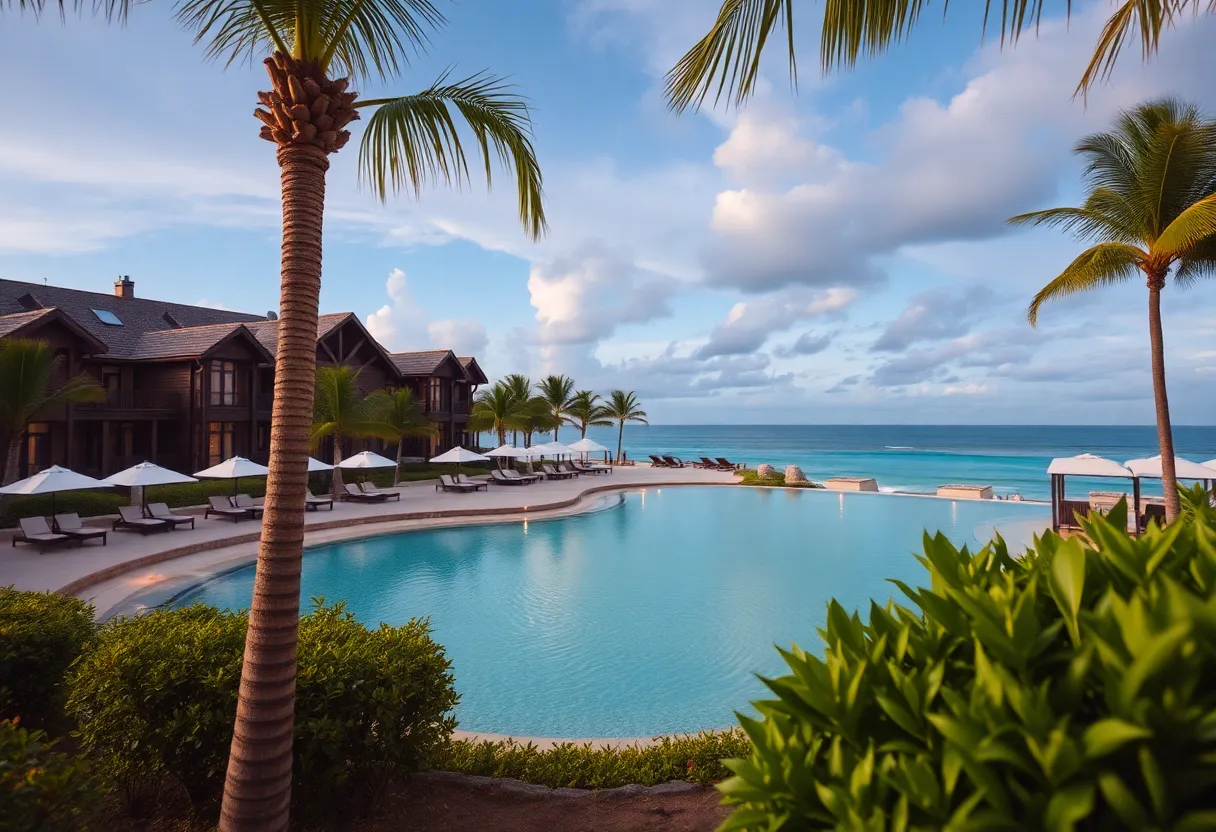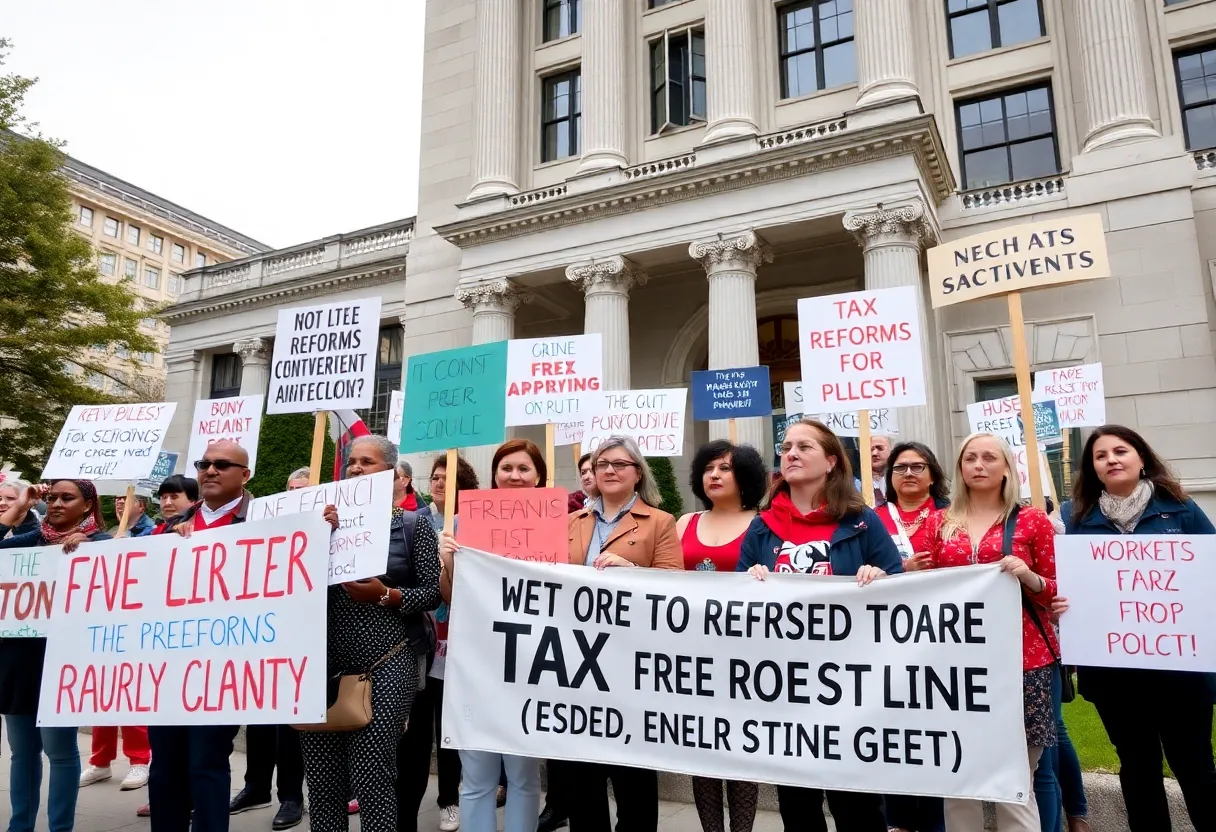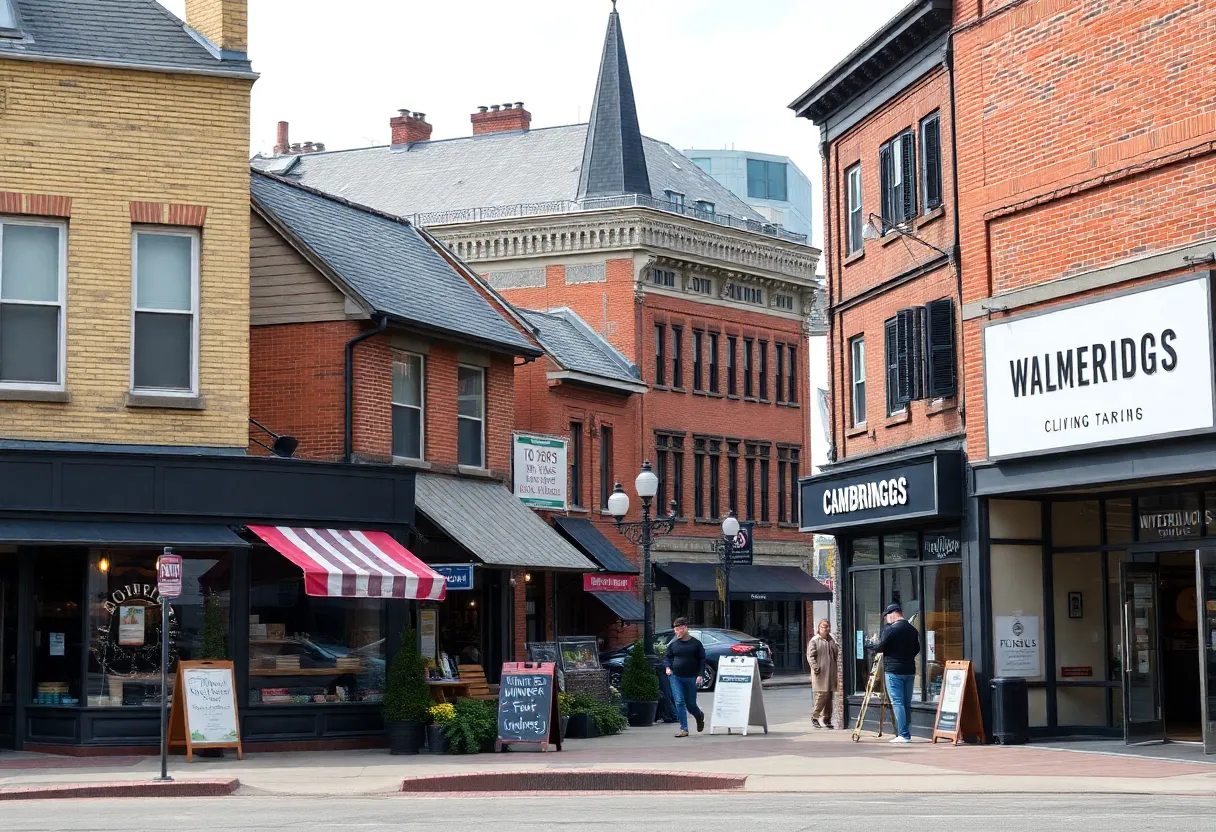News Summary
Mayor Michelle Wu’s State of the City address highlights ambitious initiatives aimed at improving quality of life in Boston. Key announcements include climate programs, housing boosts, and responses to transportation challenges. Amidst achievements, the administration faces mixed public opinions, especially concerning recent infrastructure changes. As Wu prepares for re-election, the balance of progress in sustainability, safety, and community engagement remains pivotal.
Boston Mayor Unveils Ambitious Initiatives in Latest Address
Boston is buzzing after Mayor Michelle Wu delivered a comprehensive State of the City address on Wednesday evening, taking center stage at the bustling MGM Music Hall at Fenway. With re-election on the horizon this fall, Wu rolled out a laundry list of achievements from her first term, all aimed at enhancing the quality of life for residents.
New Energy Initiatives on the Horizon
One of the standout announcements was Wu’s pledge to promote the adoption of heat pumps as part of an ambitious climate initiative. Wu’s team is aiming to install an impressive 5,000 heat pumps around the city while also working to weatherize 10,000 buildings. This initiative is part of a larger Boston Energy Saver program, aimed at making clean energy upgrades more accessible for Boston residents.
In addition to green energy efforts, Wu touted her administration’s success in boosting housing. The city has more than doubled contracts with businesses owned by people of color and has produced over 11,000 new housing units. Adding to this, Wu introduced a Co-Purchasing Pilot Program that encourages households to band together to purchase multi-family homes, offering a unique opportunity for aspiring homeowners.
Transportation Changes Prompt Mixed Reactions
However, not all feedback surrounding Wu’s administration has been positive. Recent transportation changes have stirred controversy, especially among cycling and transit advocacy groups. While Wu has made strides by making three bus routes fare-free and expanding the network of bike lanes, she has also faced backlash for reversing some of these reforms, like the removal of a bus lane on Boylston Street and taking out protective barriers from bike lanes across various neighborhoods.
In light of complaints from business leaders and community members, Wu announced a 30-day review of all road infrastructure changes made in the past three years. This decision has alarmed non-car commuters, who worry about the potential loss of crucial bus and protected bike lanes. Feedback indicates that many citizens, along with advocacy groups, feel disheartened by these recent rollbacks, casting doubt on Wu’s commitment to promoting cycling and public transportation.
Public Sentiment and Safety Concerns
As if the situation wasn’t charged enough, a recent poll revealed that nearly half of registered Boston voters think there are too many bike lanes. This sentiment could pose a challenge for Wu’s re-election bid, especially as her opponent, Josh Kraft, has made promises to pause the ongoing construction of bike lanes. Many will be watching closely to see how these developments shape the city’s policy landscape and Wu’s campaign strategy.
Safety in these adjusted bike lanes has also been raised as a concern since the removal of flex posts, leading many cyclists to fear increased risks from vehicular traffic. Wu has acknowledged the need for balance, crediting her recent actions to feedback from local businesses and concerns raised by people with disabilities.
Achievements in Education and Crime Reduction
Amidst the transportation turmoil, Wu highlighted significant successes in other areas, like the expansion of the Boston Family Days program. This initiative provides free admission to cultural institutions for K-12 students and their guests, showing a commitment to enriching the city’s educational resources.
Wu also noted that Boston has achieved record lows in gun violence since she took office, making it statistically the safest major city in the country. This statement adds another layer to her administration’s narrative of success, even as she navigates the complicated waters of transportation and urban living in the city.
As Wu prepares for the upcoming election, Boston residents will be keeping a close eye on her administration’s ability to balance these myriad challenges while delivering on promises of sustainability, safety, and community engagement. It’s a pivotal moment for the city, and everyone is eager to see how the next chapter unfolds.
Deeper Dive: News & Info About This Topic
HERE Resources
Boston’s Affordable Housing Program Reaches 1,000 Units
Boston Mayor Takes Major Action on Affordable Housing
Boston Property Tax Bills Set to Rise Again
Kraft Raises $337,000 in February for Boston Mayoral Race
Boston’s Downtown Crossing Faces Surge in Crime
Boston Police Patrolmen’s Association Endorses Mayor Wu
Josh Kraft Challenges Michelle Wu in Boston Mayoral Race
Additional Resources
- Boston Globe: Michelle Wu on Bike Lane Changes
- Boston.com: Michelle Wu’s State of City Address 2025
- WHDH: Mayor Michelle Wu Delivers Address
- MassLive: Boston Mayor Challenger on Housing Policies
- Boston Globe: Annotated Text of Michelle Wu’s Speech
- Wikipedia: Michelle Wu
- Google Search: Boston State of the City Address
- Google Scholar: Boston Mayor Michelle Wu
- Encyclopedia Britannica: Boston
- Google News: Michelle Wu








